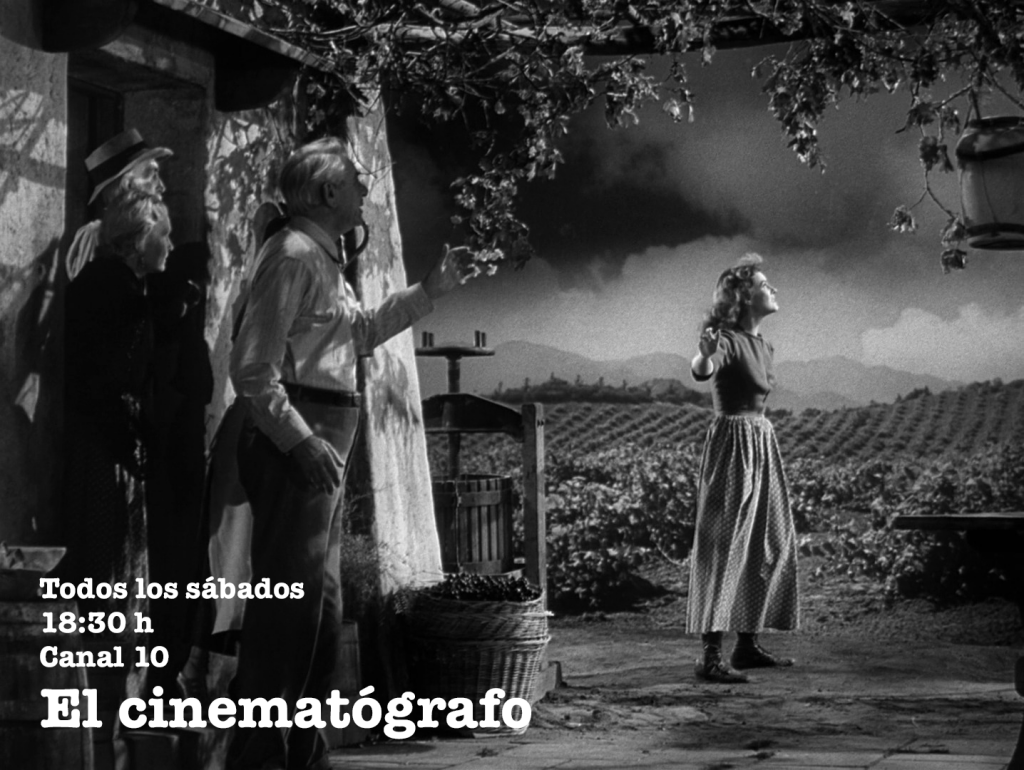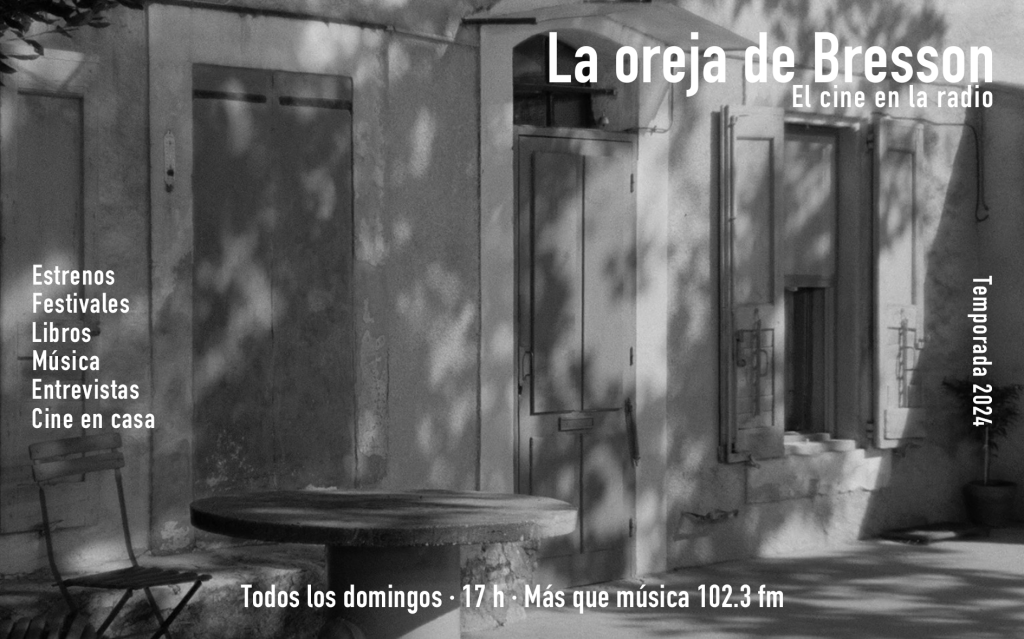
CANNES REVIEWS 2018: MANDY (QUINZAINE)
Mandy, among its myriad of wonders, features a movie star whom everyone always seems to be anticipating to self-destroy in one grand career auto-da-fe. Nicolas Cage has in fact been in the middle of his artistic second-wind for some time, just if you count Bad Lieutenant: Port of Call New Orleans (2009) and Joe (2013). With Mandy, it is now time to throw in the towel and realize that Cage is at his career peak. But that happens in the second hour of a movie so brazenly realized that the first hour seems an impossible act to follow, until it’s not. In the early half, it isn’t even Cage’s movie, but that of Andrea Riseborough and Linus Roache. Cage, as in Joe, is a logger, and lives in what an inter-title calls “The Shadow Mountains” with wife Mandy (Riseborough), who paints phantasmagorical canvases never shown on screen (until, perhaps, the film’s final, Turner-esque shot). The moment Riseborough appears, the reason for the title is obvious: She exerts a magnetic hold, her nearly eyebrow-less face a strange balance of ancient vision and childlike innocence. She may be the ultimate chameleon actor of our era.
Roache’s madman cult leader, a Christian fanatic named Jeremiah, kidnaps Mandy with the help of a squad of monstrous black creatures on tricked-out motorcycles. His singular idea of torture is to get her stoned and mesmerize her with talk, a verbal seduction of a length that would make Paddy Chayefsky blush. Mandy—in an acting moment by Riseborough that should go down in the ages—responds by laughing in his face. It turns the movie on its head.
Mandy is so attentive to the original impulses of the midnight movie that it remembers how slow many of them were—watch El Topo (1970) if you don’t believe it—and how they held to a genuinely transgressive ethos. The gradual, almost somnambulistic build of the first half snaps, and unlike the more uncertainly held longeurs of Cosmatos’ first movie, Beyond the Black Rainbow (2010), this one knows when it’s time to start kicking some ass. Cage’s Red, seeing what happens to Mandy, bottoms out and dissolves (in a bathroom scene that teeters on the edge of what resembles actual insanity), re-emerging as an avenger who transcends his husbandly role to the status of a killer angel soaked in his name’s color. Face-offs with the black monster guys? You got it. Duels with big and bigger chainsaws? Sure. Mano a mano with Roache in a Jodorowski-like church? Baby, you got it.
Robert Koehler / Copyleft 2018






Últimos Comentarios